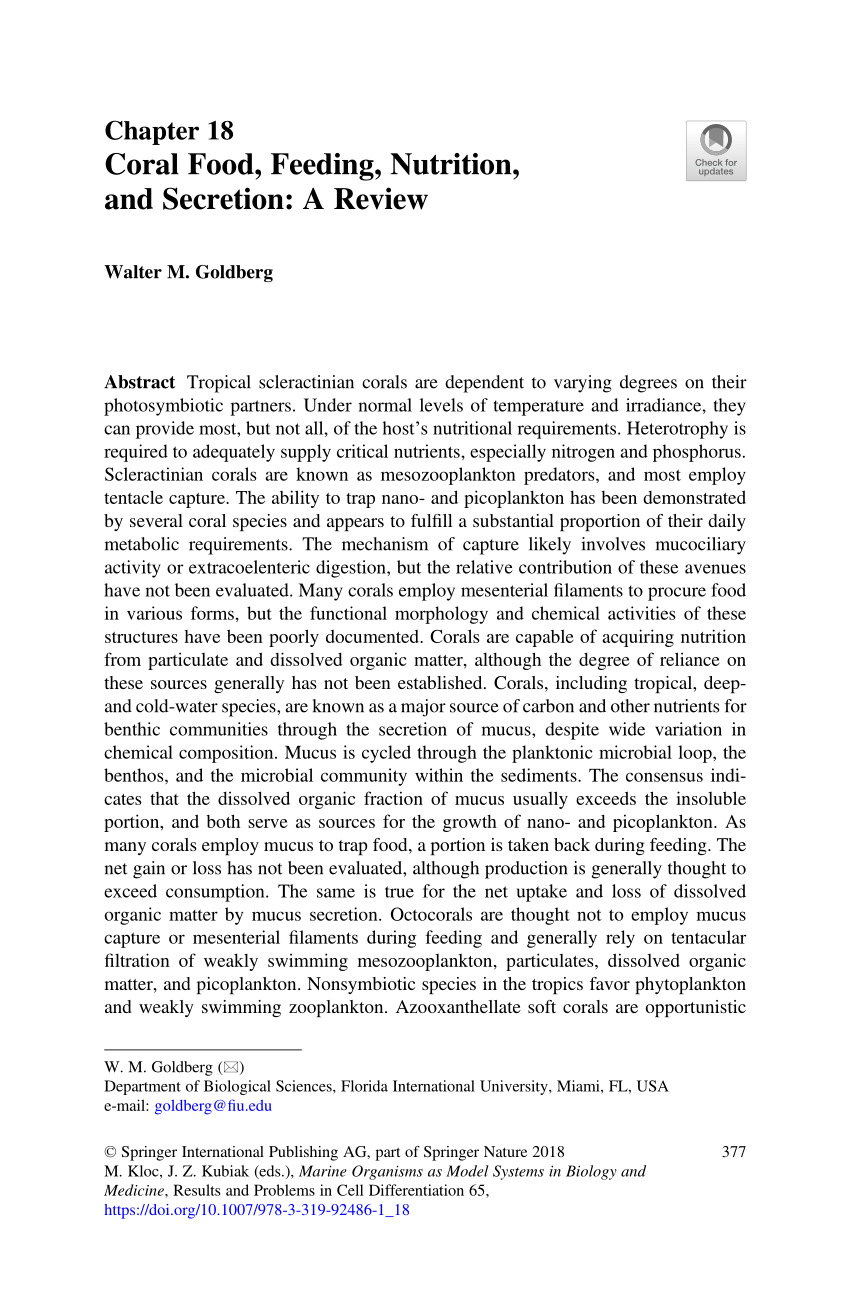- Joined
- Aug 14, 2019
- Messages
- 4,198
- Reaction score
- 12,164
It says the phosphorus needs to come from fish poops tho. Otherwise it risks skeletal integrity. Solution: a school of fish for your tank
Not necessarily. It has to be inorganic phosphate. So phosphorous for example works. Phosphate from decomposed food wont.


















